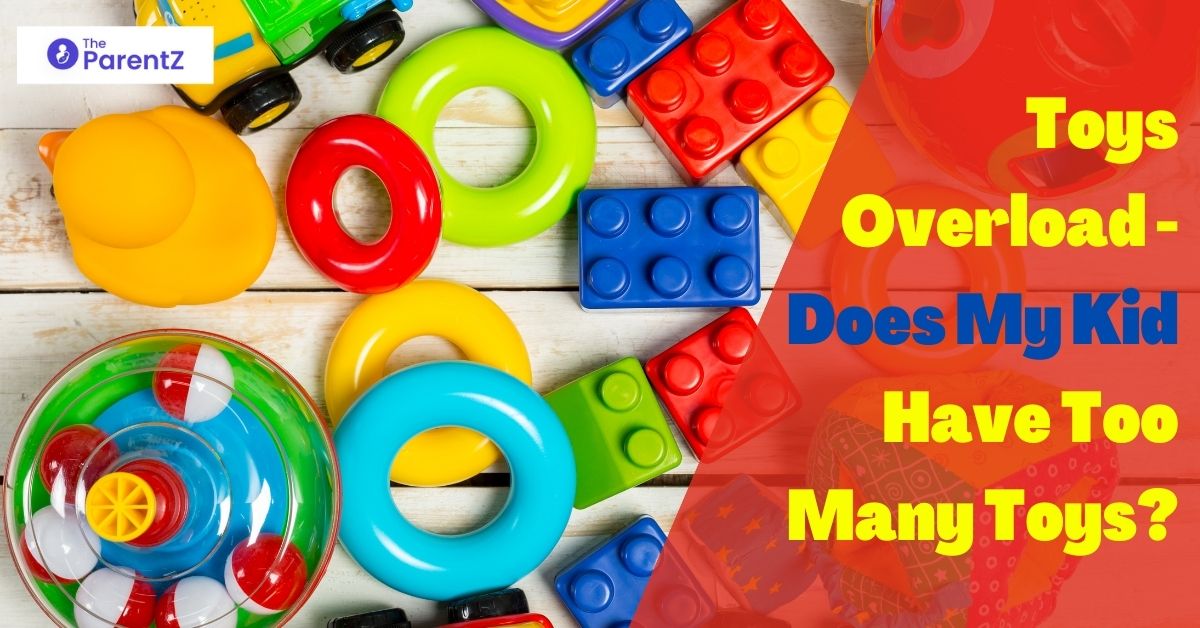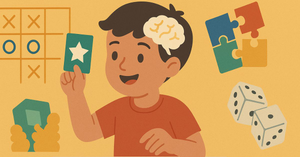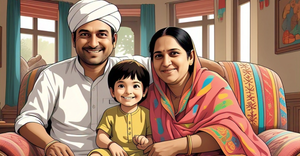Does my kid have too many toys? This is a question every mother asks herself periodically only succumbing to buying more toys. Well, how much is too much finds Neha Somani
Parental love often gets translated into giving in to the demands (not needs necessarily) of our children and shower them with fancy and upscale toys. Only when we get into spring cleaning mode do we realize the truckloads of toys we have accumulated over time. And the backbreaking chore of finding a foothold in a room full of toys after your kid/kids have finished and worse tiptoeing on the minefield with the noble aim to make the room habitable again. But again who decides what’s the limit and how much is too much?
Well there are a few indicators that point that your home is a breeding ground of toys and that your child is hardly interested in them.
- Your child gets bored easily.
- They asks for new toys all the time.
- Your child doesn’t play with one toy for more than 10-15 minutes.
Even after spending a fortune on getting the branded electronic and other state of the art toys that are ruling the roost, it turns out that they neither keep your child occupied for long intervals, as you intended them to do nor do they derive any major learning outcomes. Moreover, they do not serve the purpose of actively engaging your child. Infact having too many toys could actually have a negative impact on your child. Experts say that when provided with fewer toys, toddlers tend to have longer periods of play and spend more time with a single toy. This increases their attention spans and enhances their focus.
Researchers at the journal Infant Behavior and Development, carried out an interesting study. They created 2 playrooms one with 4 toys and other with 16 toys. It was noted that children in the room with more toys had much shorter attention spans and were less focused as compared to their counterparts in the room with only 4 toys. Kids in the room with lesser toys were more actively engaged that too for longer periods of time and displayed more creativity while playing with their toys than the second group.
It is important that parents not blame the child for tossing the toys away but introspect so as to if their child really needs a new toy in the first place or if they really need to give in to any particular demand of their child. Before buying anything new go through this simple process. Ask yourself: “Does it really add value to my kid’s play routine? Does it interest him for more than 5 minutes or make him happy? Has he even touched it in the last 6 months” Keep 2 boxes with you and label them Keep or Donate and accordingly decide their fate.
Too Many Toys – So what do we do about it?
One amazing idea that works for most parents is the out of sight out of mind mantra. The idea is to pack away 80% of their toys and just keep a small number of toys in their toy-box. Once they grow bored of them, simply rotate them. The ones in the boxes can now step out and those that are tossed aside or dismissed as unwanted can find a hiding place in the box or simply be given to someone who would love to have them.
Parents can instead spend the same amount of money in getting their kids enrolled for activities and maybe use the same opportunity to spend some quality time with them and kindle a friendship. Remember, material things may break, get lost or we may simply lose interest in them. But bonds last a lifetime.








Be the first one to comment on this story.